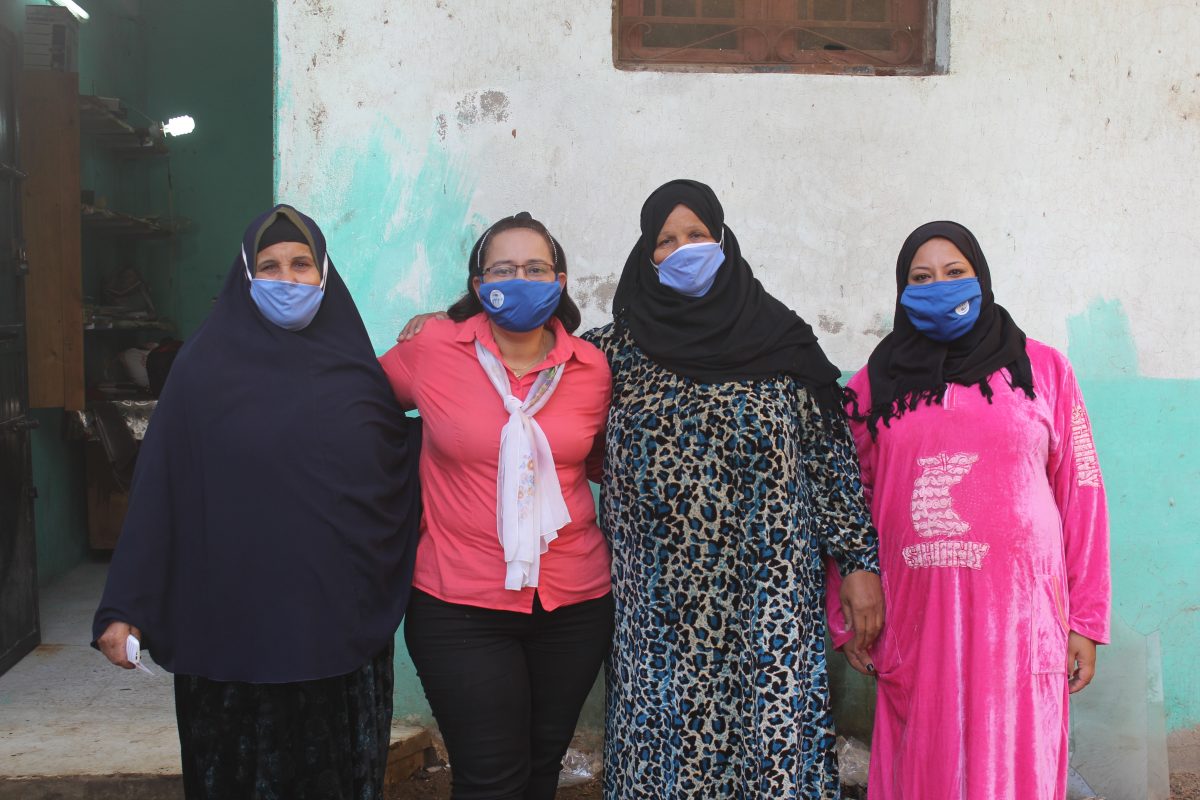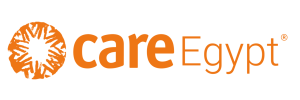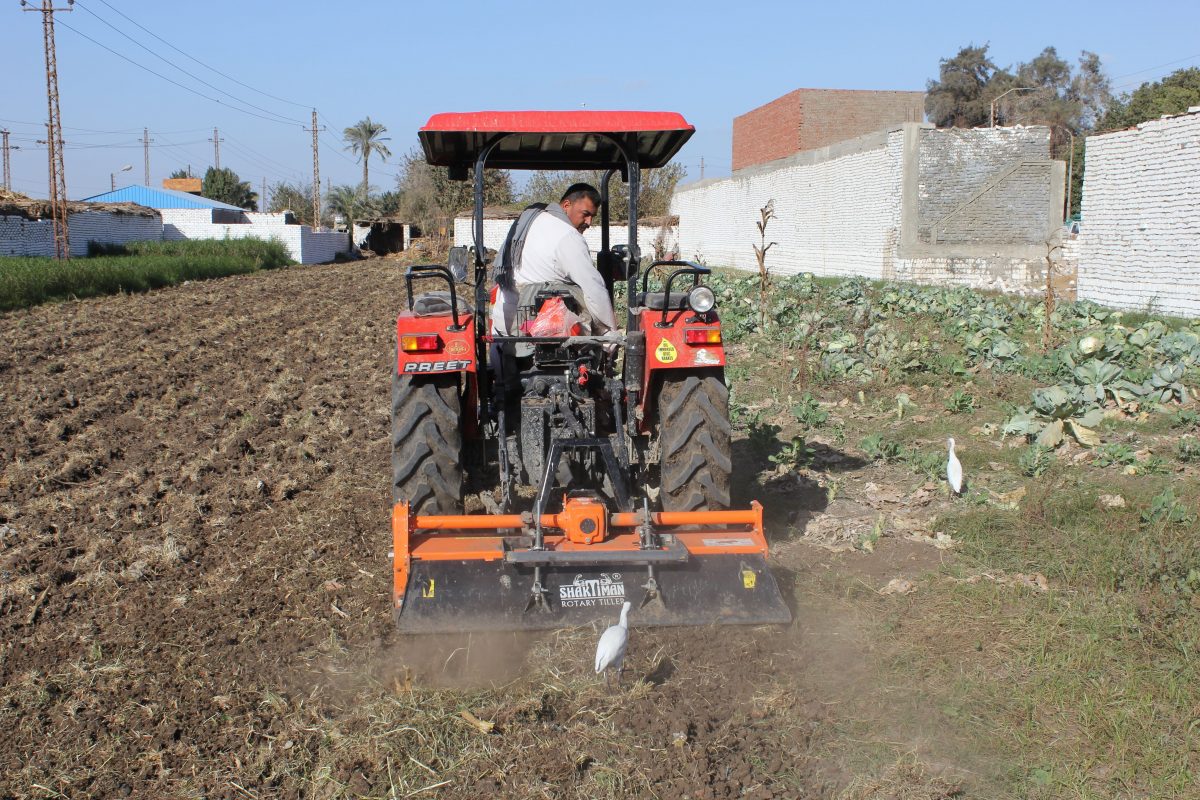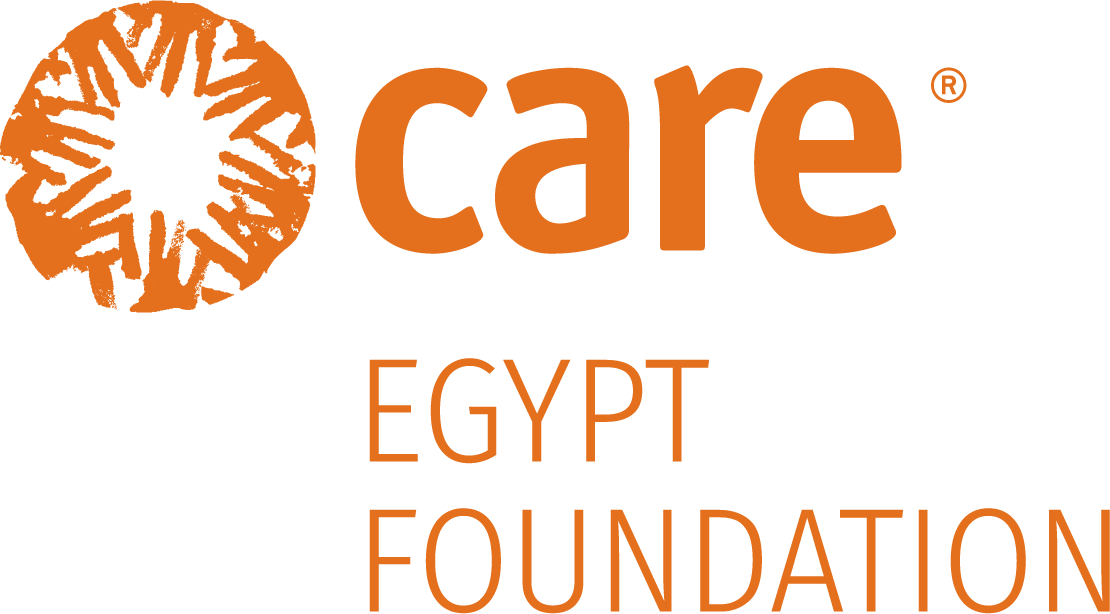“Selling milk is considered a shameful act in rural areas of Upper Egypt. For locals, selling milk means that households are in need. Despite the shame, Nadia Mahmoud walked out to sell milk to the milk collection center (MCC) ten years ago in Halabeya village, Beni Suef, Upper Egypt. Day after day, selling milk has transformed Beni Suef to a leading governorate in the milk production business.
In her seventies, Nadia was not satisfied with the trader she used to deal with. The prices were too low. She used the surplus of milk that was not sold to make cheese for her household consumption. Although her sons work as milk traders, she prefers to sell milk to the local MCC. “I am one of the pioneers who started selling milk to the MCC and have been loyal to it since ever established ten years ago”, she says.
Today, Beni Suef produces 30 tons of milk per day instead of 5 tons with the beginning of the project and 200 KG before “Alban Baladna” CARE-Danone partnership.
Traders control prices. “With the trader, I am not sure what and when will I get my money. If the price of milk drops down on the day he pays me, he would pay me less than the price set when I sold him. If the price increases, I get paid the same amount on the day I sold him. It was so unfair. That’s why, I prefer the MCC”, Fawzya El-Sayed explains.
“With the MCC, I feel that I am an employee who gets paid a stable salary by the end of the month. With this monthly payment, I am entitled to get financial advances from the MCC whenever I need guaranteed by the milk I provide”, Fawzya adds.



